 0
0


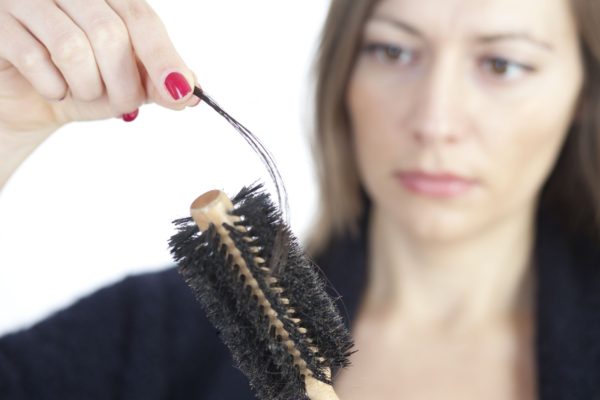
Every woman would have experienced hair loss at some point in their lives. Sometimes, this could mean a serious underlying condition. Identifying the cause of your hair loss could help determine the right treatment options.
Have you ever wondered what the major causes of hair loss in women are? You may identify with some of those. If you also are experiencing some of the symptoms we have highlighted, you might need to visit a Trichologist.
How Common Is It?
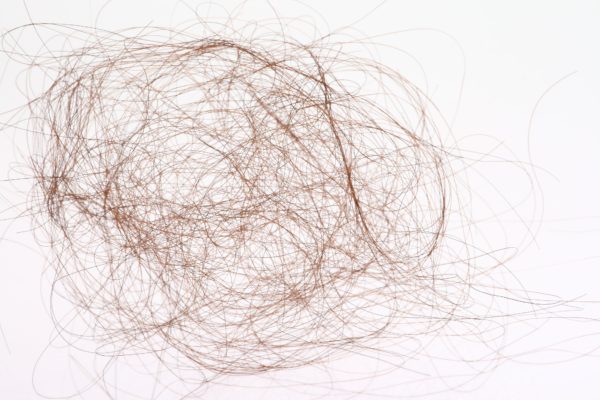
Types of Hair Loss in Women
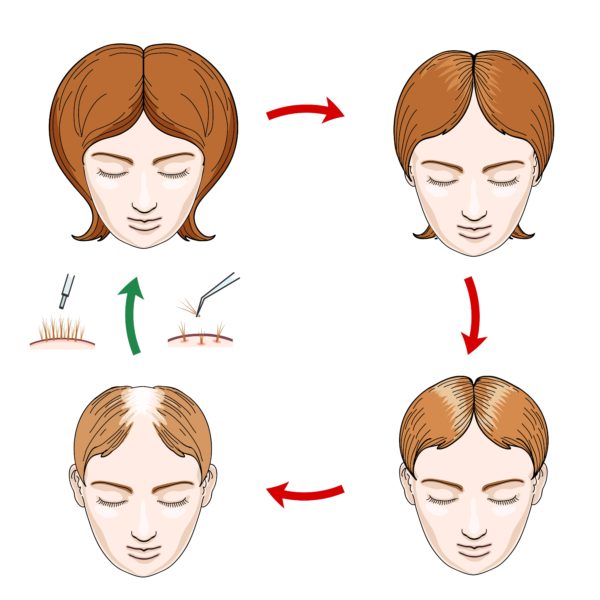

In the following section, we will explore the causes of hair loss in women in detail.
Causes of Hair Loss in Women

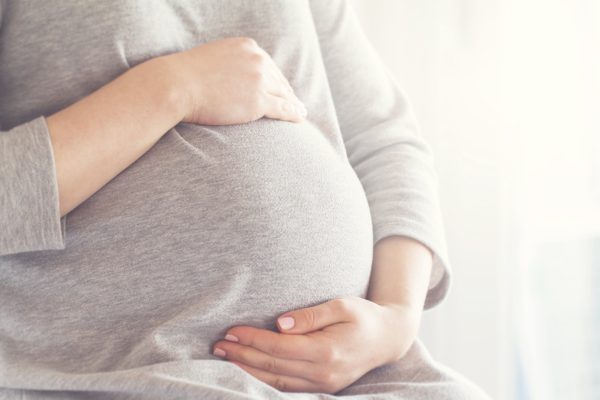
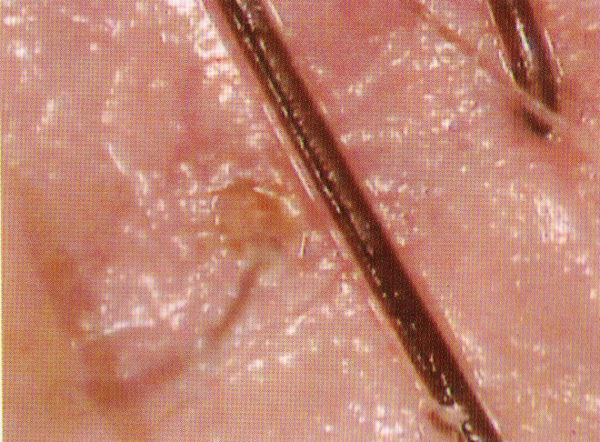


When to Consult a Trichologist: Symptoms or Signs to Look For
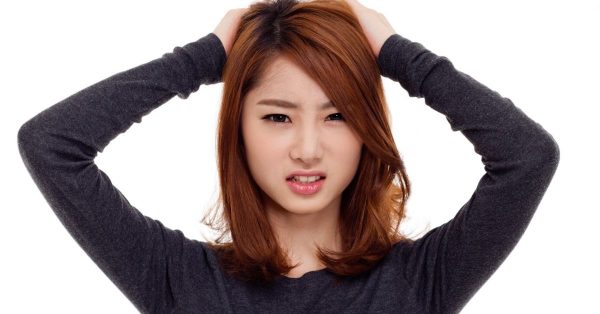
These are the major causes of hair loss in women. While some of them can be reversed with dietary changes, some of them need a medical diagnosis. We have discussed the signs and symptoms you need to look for before visiting a Trichologist.
Consult a Trichologist if you experience any of the following symptoms:
Diagnosis
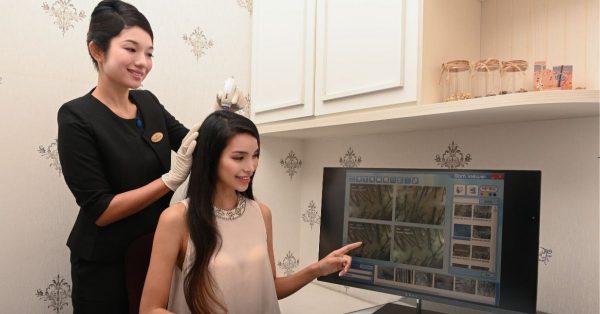
At our centres, our Trichologists/Hair Specialists will first check your hair and scalp conditions. Specially developed for both men and women, the Advanced Age Defying Hair Treatment can counteract age-related changes in the density and diameter of the hair. The elaborate treatment process incorporates premium European Herbal Hair Remedy to promote hair growth as well as nourish and strengthen hair follicles.
All treatments at TrichoKare are validated by certified Trichologists. They are specialists who study and diagnose hair and scalp problems, giving customers an added assurance of its effectiveness.
Dealing with hair loss can be hard. But with the right measures and treatment options, hair regrowth is often possible. Understanding what is causing your hair loss can help you adopt the right practices to treat your condition. Book an appointment with us and we can suggest the right mode of treatment for you.
We'd love to hear from you! Send us a message and We will get back to you as soon as possible!
*Individual results may vary. There is no scientific proof that any product (except certain registered medicinal products) or service can retard hair loss or promote hair growth.
“Personal data obtained from the above information may be used for the purpose of making you aware of our services or promotions which TK TrichoKare thinks you may be interested in. Such information may also be disclosed to carefully selected third parties for direct marketing. If you wish to withdraw your consent given here in, you can do so at any time by sending an email to us or call us.”

